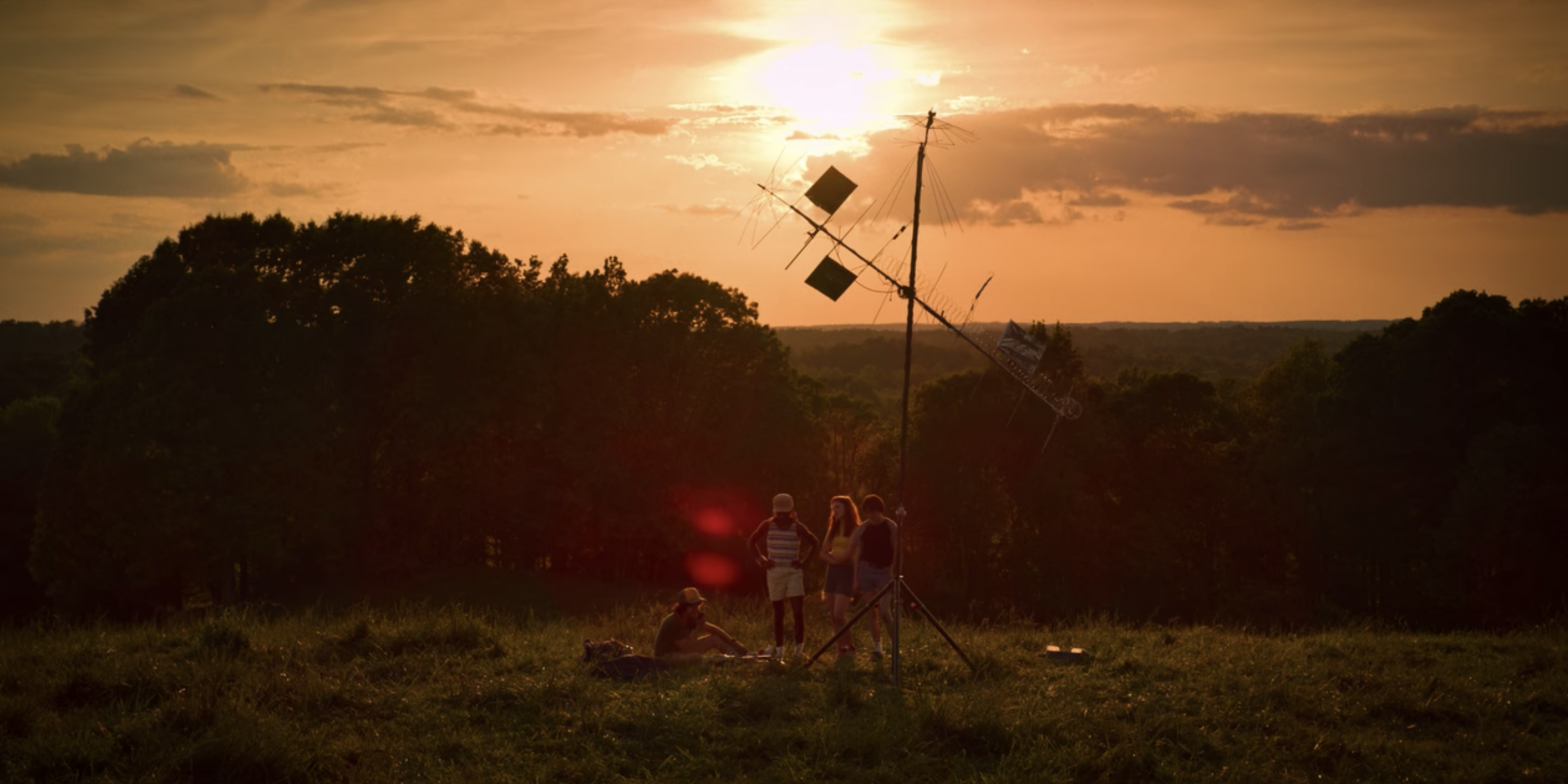In the third season of Netflix’s summertime darling Stranger Things, our awesomely-overpowered protagonist Eleven explores the reaches of her abilities and plumbs the greater emotional depths of her maturing character. Her newfound bestie, Max, gains complexity by helping Eleven navigate the whitewaters of teenage romance. Nancy’s relationship with her boyfriend becomes strained by the intense sexism of the newsroom where they both intern, but she is ultimately vindicated when the story she pursues against her boss’ orders leads her to the Mind Flayer, the biggest threat the town of Hawkins has faced since the last time it faced it—one season ago. The show’s most prominent mothers, Joyce Byers and Karen Wheeler, shine in moments of introspection and parental wisdom, and the two major additions to the show’s core squad of young champions—the wisecracking polyglot Robin and the bright and brassy Erica—are similarly dazzling in their performances.
And yet, for all the depth and dynamism the show’s women bring to its third season, its male characters feel stuck in ruts—some of their own making, and some that result from our culture’s investment in certain masculine tropes. Sheriff Hopper, even after rediscovering the bittersweet pleasures of parenthood in season 2, continues his boorish, overprotective shepherding of Eleven’s life. When Nancy rightfully complains to Jonathan about the blatant maltreatment of women in their shared workplace, his responses, initially somewhat sympathetic, then outright dismissive, are the only meaningful developments his character can claim this season. (Though Jonathan does eventually apologize to Nancy, his epiphany about newsroom misogyny feels entirely unearned.)
Like Jonathan, the series’ other young male heroes do not fare narratively well. Billy, Max’s older brother and last season’s steamy lifeguard antagonist, is possessed by the Mind Flayer in this season’s first episode and oozes a cold cruelness until its last. Dustin and Steve—oh Steve, sweet, voluminously-maned Steve—resume their slapstick friendship where it left off last season. Though it is a delight to see them reunited on screen, it’s a familiar and static sort of joy. Mike and Lucas are swallowed whole by their romantic anxieties, reminding viewers of their awkward and unceremonious pairing-off with Eleven and Max, respectively, at Season 2’s Snowball Dance. And Will, desperate to return to the homosocial Dungeons and Dragons campaigns of the first season, has his nostalgia fractured when, in a heated argument with Mike, it is implied that he is gay—a genie that, once the Duffer brothers let it out of the bottle, isn’t so much stuffed back in as it is allowed to drift off, presumably, to Season 4.
Making this season’s lack of male character development all the more irritating is the show’s half-hearted attempt to conceal it in the final episode. Those who watched the after-credits scene are sure to doubt whether Hopper actually did sacrifice himself to close the gate into the Upside Down—but let’s assume he did and is truly dead. Only after his death does Joyce discover the speech he wrote for Eleven and Mike several episodes before, the one in which he clumsily but movingly admits his feelings of vulnerability and concern for his maturing daughter.
In a poignant scene, Eleven reads the letter and realizes the full depth of her father’s feelings about becoming a parent for the second time in his life—but that realization is tainted by the fact that Eleven may never get to meet this new-and-improved Hopper. Even if her father is resurrected in the next (and perhaps final) season, Eleven will still have to grapple with the man he was and the sudden death of that man. That turmoil will linger, much like that which Max experiences when she witnesses the violent slaying of her brother, Billy, who overcomes the possession of the Mind Flayer and sacrifices himself to save the day.
Like most of us, the creators of Stranger Things seem unable or unwilling to imagine a storyline in which men can realize themselves as emotional beings without attaching that realization to the trauma of women. To be sure, the show’s female characters are resilient—but should they have to be?
In a narrative choice that hints at a lurking awareness of this problem, the show’s writers have decided to put the Byers residence on the market and move Joyce, Will, and Eleven away from Hawkins for a while. It is an interesting decision for a show so heavily invested in the proximity of childhood, when your best friend and your boyfriend and the end of the world are all just a harried bike-ride away. By separating Mike and Eleven, perhaps the Duffer brothers hope to give the former some time to mature on his own. Intrinsic in this too, however, is the idea that boys and girls can only grow up one way: separately.
The unanswered question of Will’s sexuality is another that the show will have to contend with in its fourth season. In contrast to the way it suspended Will’s storyline halfway through Season 3, the revelation of queerness in Robin’s touching coming-out scene brought her and Steve closer, moving their fan-favorite friendship forward. It remains to be seen whether the newfound separation between Will and his longtime friends will allow for introspection of his identity, or sever it at its stem.
Unlike after the previous two seasons, it is difficult to tell where Stranger Things is going next. Somehow, the gang of do-gooders will have to reunite. The question is whether that reunion will allow all the show’s characters to develop in meaningful and satisfying ways—or whether, as in Season 3, it will propel some of the ensemble along, while letting the rest stall out.

